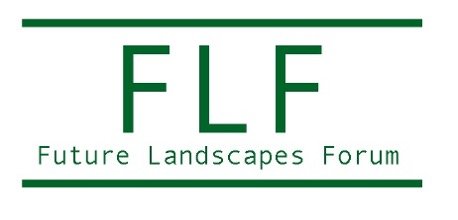Rethinking the Role of Controlled Burning on Heather-Dominated Landscapes
As a group of leading scientists and practitioners in upland management and socio-ecological impacts, we have growing concerns that the public and policy debate about managing heather moorland is neither properly informed nor evidence-based.
We believe that debate and, increasingly, decisions about upland management have become polarised and overly focused on a single issue: driven grouse shooting.
Our view is that this focus is wrong and dangerous. Our concerns are not related to habitat management for grouse; indeed, we would be making this argument if grouse, and grouse shooting, did not exist.
Sign Our Statement
Current Supporters
Dr Matthew Jones, University of Oxford
Anthony Barber-Lomax, Sheffield/Southill Estate
Marc Castellnou, University of Lleida
Dr Hilary Denny, Greenwood Environmental
Bryn Green, Emeritus Professor of Countryside Management, University of London
Richard Bailey, Moorland Project Officer
James Fenton, retired ecologist
Our Conclusions
A summary of the current evidence is available in our position statement - click here to download.
There is no clear evidence nor a scientific consensus to support a blanket ban on controlled burning. Rather there is an urgent demand for a cautious and adaptive management approach in light of available evidence and knowledge gaps.
There is insufficient science related to the impacts of alternatives to controlled burning as part of a management regime. We simply do not have the evidence to say that cutting, rewilding, rewetting or a cessation of vegetation management are better at reducing the risk of wildfires, capturing carbon and maintaining biodiversity. On the contrary, the existing evidence is that controlled burning can contribute towards wildfire prevention, carbon capture, and biodiversity improvement.
Policymakers must challenge the single-issue-based nature of some views in this debate, considering relevant studies from around the world. We strongly recommend an adaptive management approach to policy making in this important area.
We support regulations to steer practitioners toward good standards of controlled burning and experimentation to explore effective alternatives, supported by guidelines that are as well-informed as current scientific evidence and practical experience permits.
We recommend that policymakers build better and broader communication links with those leading research into the management of the UK’s heather-dominated landscapes.
Much of the UK’s uplands have been given national and international special conservation designations partly because past management has promoted the conditions supporting these habitats and species.
We believe that judgements on the management of heather-dominated landscapes should be made according to all the available scientific evidence, uninfluenced by positions on grouse shooting.
Finally, issues of assessing and considering limitations of experimental design and monitoring time scales, and in data analysis and generalisation of studies (and previous reviews thereof), need to be a crucial component of any future evidence assessment linked to policy recommendations.
This position statement was funded as part of the University of York’s TYPE (‘The York Policy Engine’) support.
